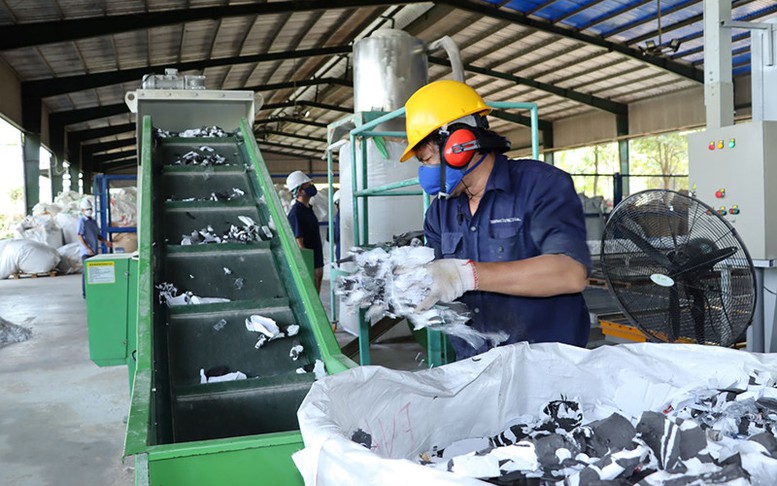
Vietnam's packaging recycling industry is facing great opportunities, but EPR policy still needs to be improved.
On September 23, Agriculture and Environment Newspaper, Department of Environment ( Ministry of Agriculture and Environment ) coordinated with other units to organize the Workshop "Promoting effective and sustainable beverage packaging recycling activities in Vietnam".
According to Deputy Director of the Department of Environment Ho Kien Trung, the beverage industry is one of the industries that generates the largest volume of packaging today. Types of packaging such as PET plastic bottles, aluminum cans, multi-layer paper boxes, etc. are familiar in daily life but are also a significant source of waste. If not collected and recycled effectively, they will put pressure on the waste management system and the environment.
Mr. Ho Kien Trung said that the Ministry of Agriculture and Environment is in the process of consulting on the development of a separate Decree on EPR (Extended Producer Responsibility) to submit to the Government for promulgation, thereby perfecting the legal corridor to be increasingly solid, transparent, feasible and suitable to the practical requirements of environmental management in the new period.
In recent times, the recycling rate has increased sharply, especially a part of the waste has been exported abroad. Export activities are now mainly focused on plastic packaging, with significant economic value, even higher than domestic consumption, opening up great potential for the packaging recycling industry.
However, there are still many types of packaging that have not been fully exploited, such as glass, multi-layer paper boxes or aluminum cans. The recycling of plastic bottles according to the "bottle to bottle" model is not currently implemented domestically, mainly having to be exported to Thailand or Singapore, subject to additional import taxes, reducing economic efficiency. Therefore, there needs to be strong incentive mechanisms and policies to develop recycling in the domestic market, making the most of secondary resources, reducing dependence on exports and increasing the value of the packaging industry, while contributing to the circular economy.
Putting the recycling industry into development directions
In recent times, not only domestic enterprises but also many foreign enterprises have begun to invest in the Vietnamese market. Realizing this, the State has included the goal of forming a recycling industry in its development orientations.
According to Mr. Ho Kien Trung, the Vietnamese packaging recycling industry is facing great opportunities, but the EPR policy still needs to be improved. In addition, the Law on Environmental Protection 2020 will be amended, supplementing regulations on EPR to complete the legal framework. The Ministry has also worked with the Ministry of Finance on environmental taxes and fees for packaging products. From now until the middle of next year, it is expected that the amended Law will complete the contents on product and packaging recycling.
Specifically stating some difficulties in implementing EPR, Ms. Chu Thi Van Anh, Vice President and General Secretary of the Vietnam Beer - Alcohol - Beverage Association, said that some businesses are not really ready to implement EPR; the subjects are mainly scrap warehouses with limited legal entities; the difference in demand for scrap such as glass has limited economic benefits unlike scrap paper, plastic and metal...
The latest survey by the Vietnam Beer - Alcohol - Beverage Association shows that most businesses have a clear understanding of EPR regulations and guiding circulars.
Regarding the form of implementing EPR obligations, about 80% of enterprises, mainly small and medium-sized enterprises, choose the form of fund contribution due to human resource limitations. About 20% of enterprises apply a combination of fund contribution and internal initiatives, while about 10% delegate recycling to professional units. This result shows that enterprises have proactively tested recycling models suitable to their capacity and scale of operation.
To effectively implement EPR, the agencies also recommended many solutions such as: Promoting and supporting the industry to use domestic recycled materials; building centralized recycling collection points; equipping necessary facilities, for example, separate bins for hazardous waste, recycled materials, and organic waste; having regulations on mandatory rates of recycled materials to produce some products; developing policies to promote environmentally friendly packaging design.
Thu Cuc
Source: https://baochinhphu.vn/trien-khai-epr-tung-buoc-phat-trien-nganh-cong-nghiep-tai-che-102250923173228637.htm


![[Photo] Closing ceremony of the 18th Congress of Hanoi Party Committee](https://vphoto.vietnam.vn/thumb/1200x675/vietnam/resource/IMAGE/2025/10/17/1760704850107_ndo_br_1-jpg.webp)







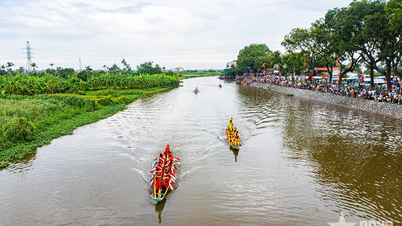











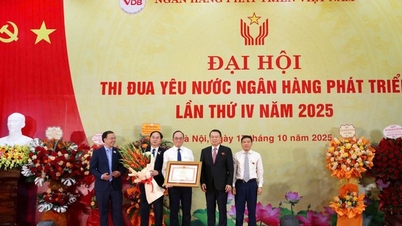

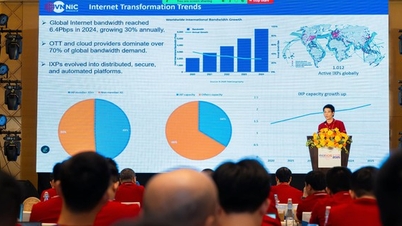

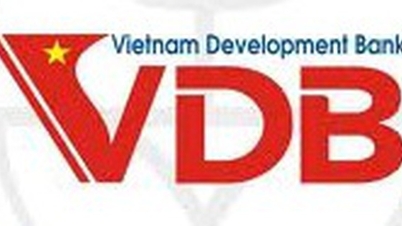
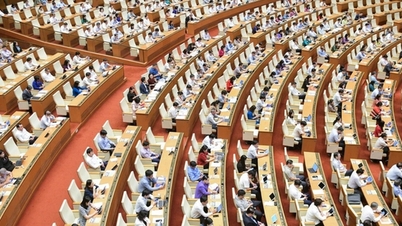

![[Photo] Nhan Dan Newspaper launches “Fatherland in the Heart: The Concert Film”](https://vphoto.vietnam.vn/thumb/1200x675/vietnam/resource/IMAGE/2025/10/16/1760622132545_thiet-ke-chua-co-ten-36-png.webp)




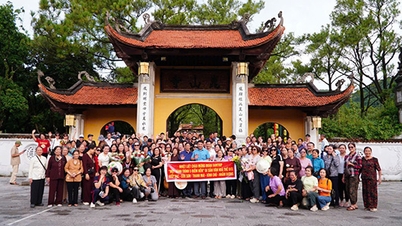


















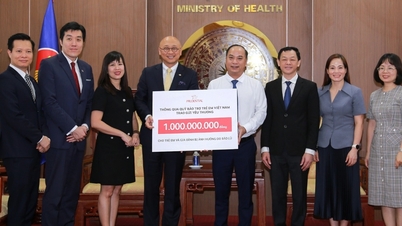
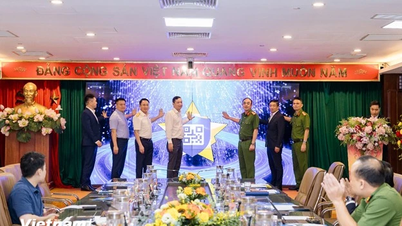
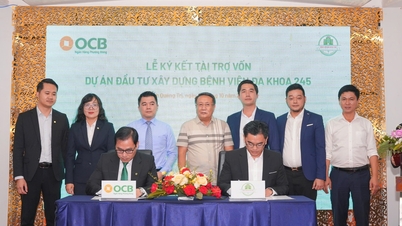
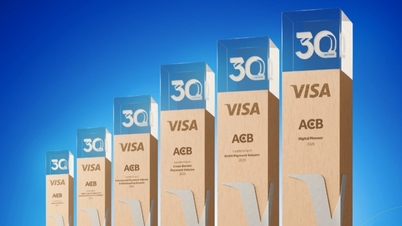








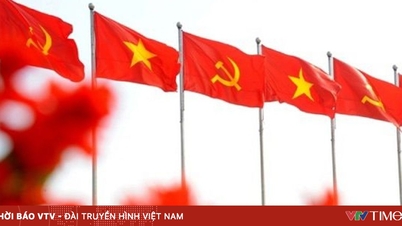

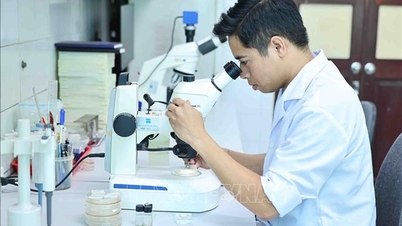

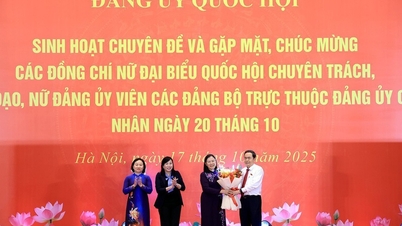



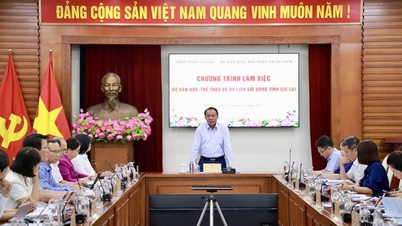
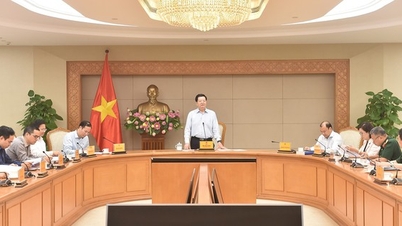
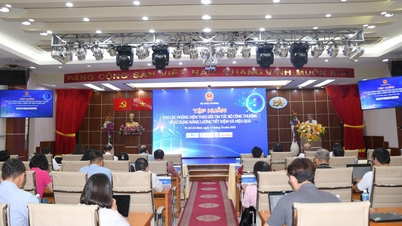


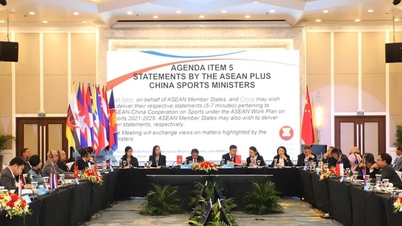
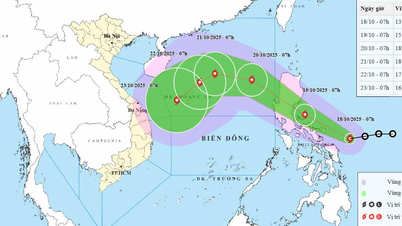

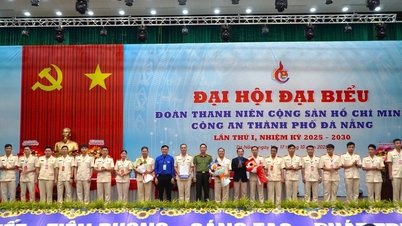

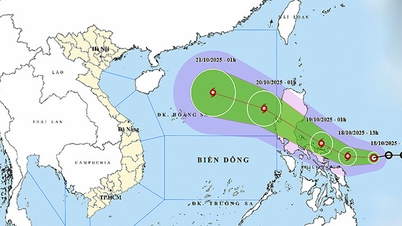

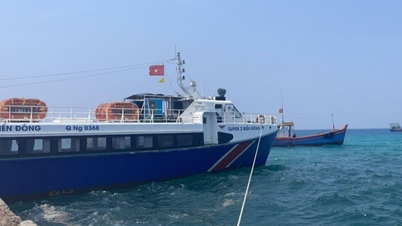



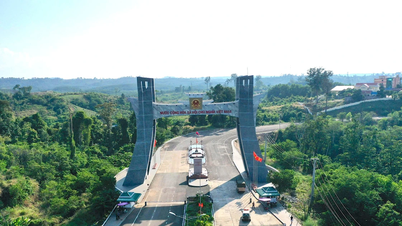













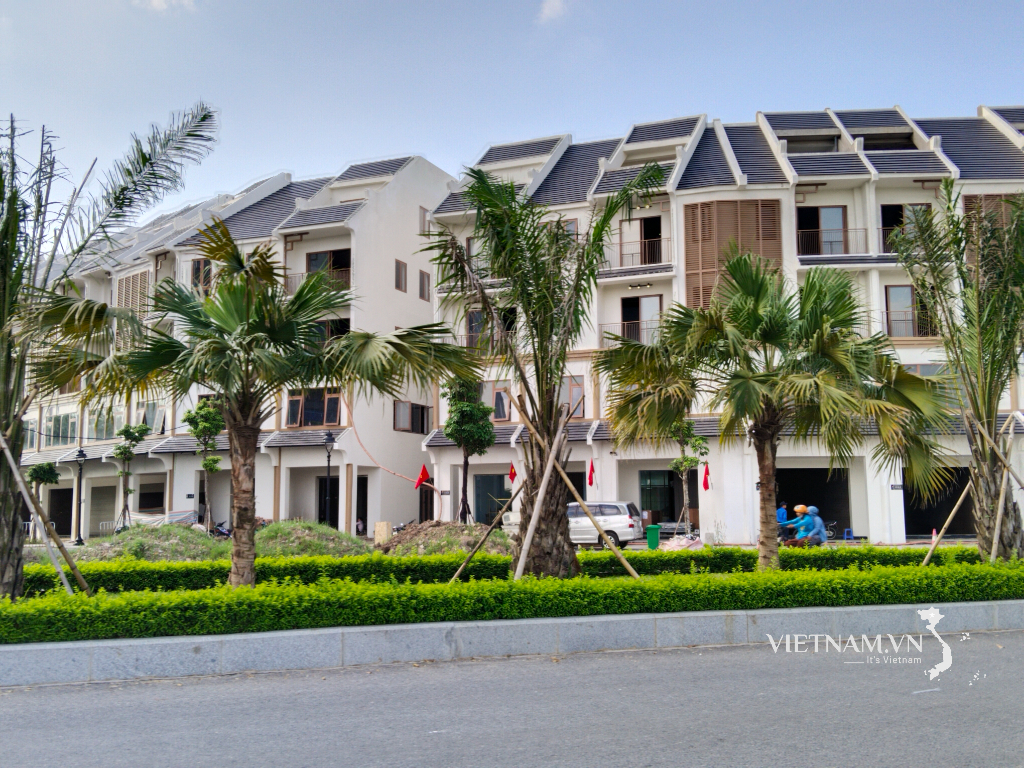

Comment (0)